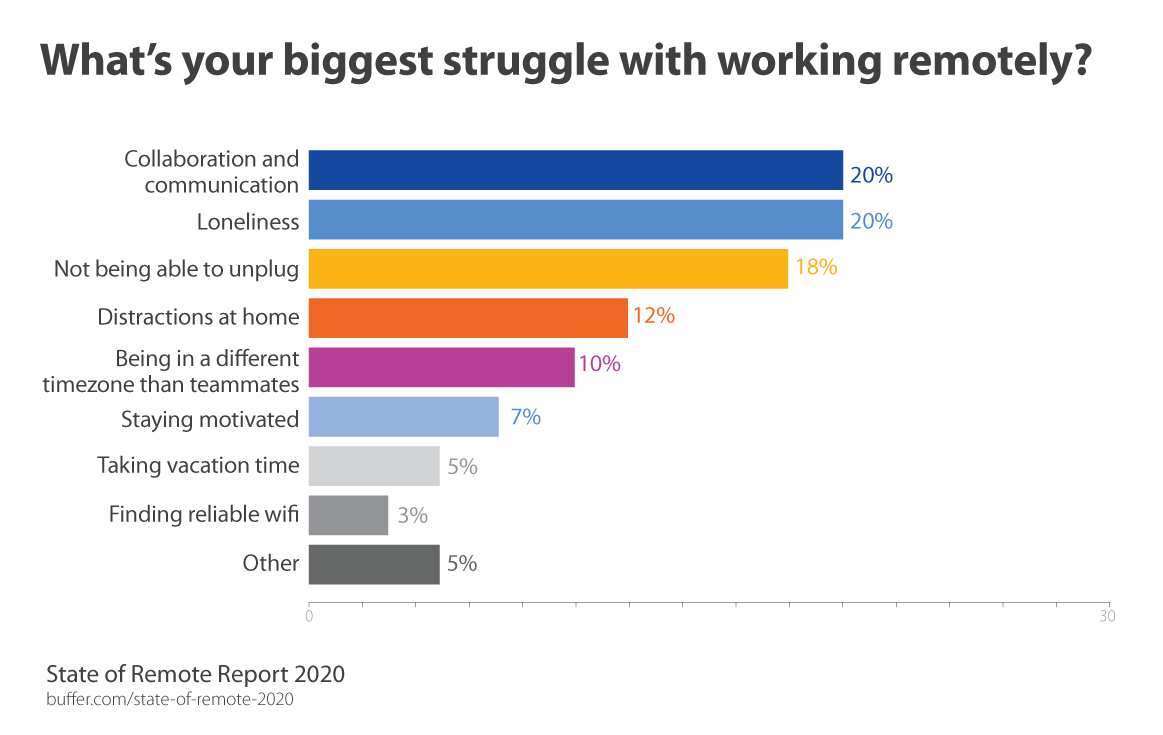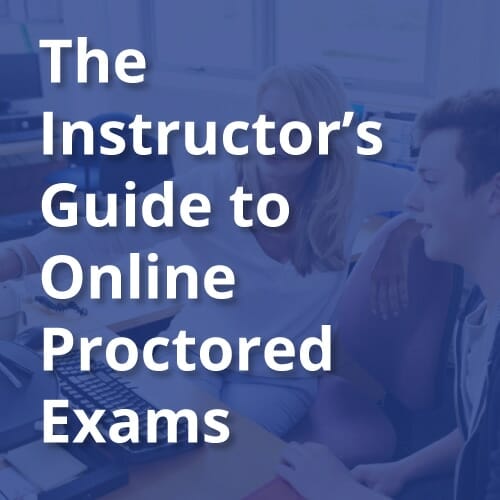As we enter the next phase of this abrupt transition to online education it is important to focus on how to successfully work remotely. While this may not be permanent, it is important to learn how to best manage your responsibilities to ensure the success of your students during this time. We’ve compiled a few remote work tips for how to successfully work remotely.
Develop a Regular Cadence
Without a consistent schedule, you risk your ability to focus, stay productive, and meet your institution’s education goals. Cathleen Swody, Ph.D., organizational psychologist and founding partner at Thrive Leadership, states that “Dressing pulled-together helps us feel pulled-together.” Maintaining a sense of regularity as you would heading into your office and/or classroom is essential. Ensure that you are sitting down during regular hours to provide support to your students and that you are equally taking breaks throughout the day. Create personal reminders and events; become your own personal manager. Developing a structure can aid significantly in preserving mental health during this chaotic time and reduce the possibility of burn out.
Stay Connected
Do not be a stranger to your fellow faculty members! When you are fully remote it is easy to feel like you and your colleagues are less connected to one another. According to the Buffer State of Remote Report loneliness and collaboration/communication accounts for 40% of the challenges of working remotely.

It is more important than ever to support each other to ensure that the success and education of your students remain constant despite this crisis. How can you do this? Here are a couple of our favorite remote work tips:
- Plan regular one-on-one calls with peers. It is an overwhelming time for everyone so having someone check-in is incredibly valuable. Ensure that you not only discuss the challenges they are facing with their classes but see how they are doing personally. We are all traversing a nervewracking time of change, but a sense of comradery can go a long way in making someone feel supported.
- Start a weekly department-wide meeting. Discover new opportunities, discuss concerns, and offer ways to contribute.
Stay Productive
Working remotely introduces new distractions that must be combated. When you are not giving a lecture or providing one-on-one attention to a student, how do you manage your other responsibilities in a focused manner? Here are a few strategies we like:
- Consider noise reduction headphones. Our home environments may not be fully set up to support a quiet workspace, but reducing the sound of distractions can significantly improve your ability to concentrate.
- If your home does offer the ability to designate a workspace, ensure that it is a stress-free area that does not interfere with your ability to teach nor intrude into the lives of other household members. Avoid sitting on the couch in front of your TV or lounging on your bed.
- In order to stay productive, you also have to ensure you unplug from your workday. Close the door to your office, put away the laptop, gather up your lecture notes, etc. Safely stow away your work materials and recharge for the next day. Read our previous blog post, “Top 10 Things to Take Care of Your Right now” to learn more about how to unwind.
Most importantly, working remotely does not have to be complicated. Find what works specifically for you to ensure that your students’ education remains consistent.



